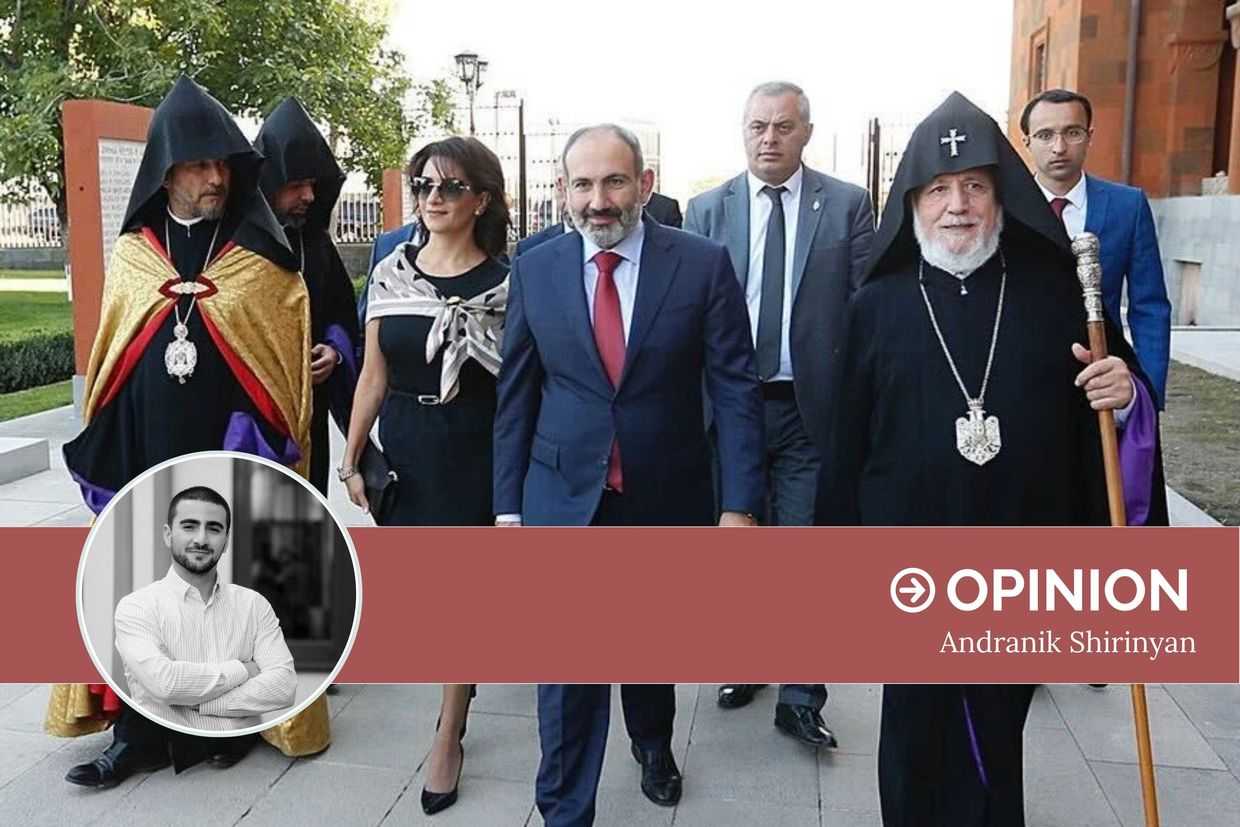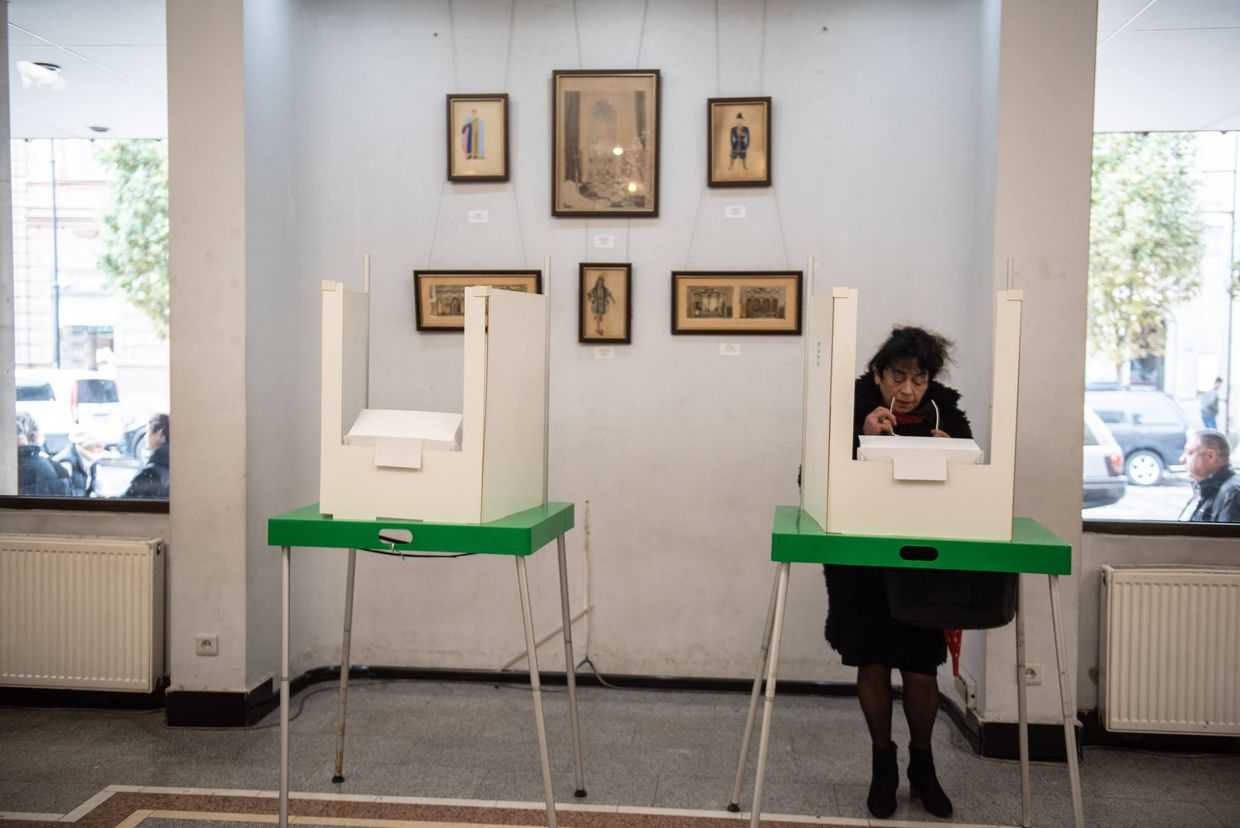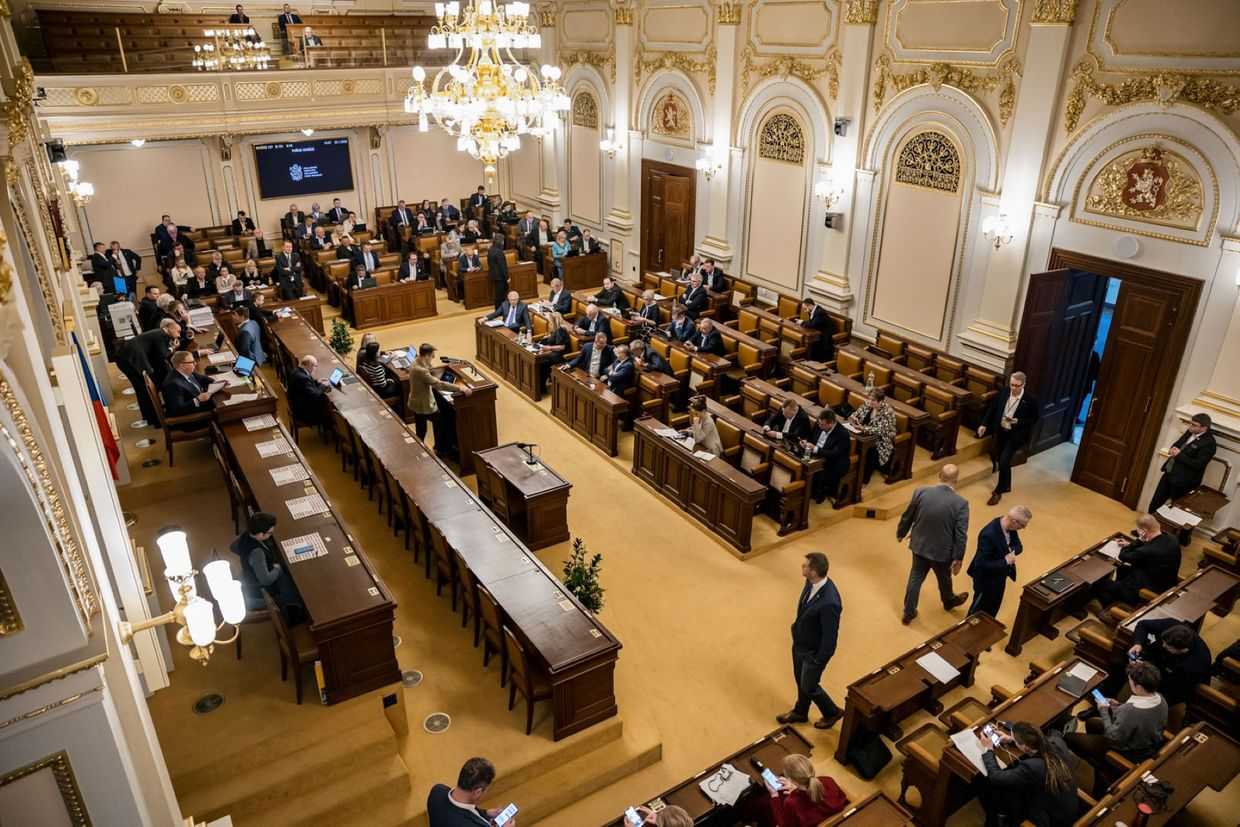
The head of Georgia’s State Security Service (SSG) has said there is insufficient evidence to launch an investigation into the Prime Minister’s claim that he was threatened by an EU Commissioner.
Irakli Kobakhidze accused an unidentified EU Commissioner of threatening his life over the foreign agent law in late May. He said the unnamed EU official had threatened that he would share the fate of Slovakian Prime Minister Robert Fico, who had just survived an assassination attempt, while suggesting Western countries were behind the assassination attempt.
Shortly after, Olivér Várhelyi, the EU Commissioner for Neighbourhood and Enlargement, came out as having been the commissioner who spoke with Kobakhidze, claiming the prime minister had taken his words out of context.
Speaking to journalists in parliament on Wednesday, SSG Chief Grigol Liluashvili said he viewed Várhelyi’s words as a ‘friendly warning […] to take security measures’.
‘In our legal space, there is no precedent for an investigation of a recommendation given as advice’, he said, adding that his agency ‘itself decides whether there are criminal legal signs in public statements’.
‘In relation to this case, it was considered that there is not enough evidence to start a criminal prosecution, that is, there is no proper evidence to launch an investigation. This was not enough in a country with a high standard of proof’, Liluashvili stated.
‘Fully taken out of context’
In his Facebook post accusing the EU of threatening him, Kobakhidze said there were ‘traces of the special services of one of the countries that are particularly closely connected to the global war party’ surrounding the assassination attempt on Slovakia’s Fico.
Georgian Dream and their billionaire founder, Bidzina Ivanishvili, has regularly hit out at what they refer to as the ‘global war party’ — a conspiracy theory suggesting that Western countries and domestic actors are seeking to push Georgia to open a ‘second front’ of war against Russia.
[Read more: Editorial | Georgia’s ruling oligarch unhinged]
The following day, Várhelyi condemned Kobakhidze’s statements, saying that ‘one part’ of their phone call had been ‘fully taken out of context’ in a way that ‘could give rise to a complete misinterpretation’ of what was said.
‘Being fully aware of the very strong pro-EU sentiment of the Georgian society, during my phone conversation I felt the need to call the attention of the Prime Minister on the importance not to inflame further the already fragile situation by adopting [the foreign agent] law which could lead to further polarisation and to possible uncontrolled situations on the streets of Tbilisi’, he stated.
‘In this regard, the latest tragic event in Slovakia was made as an example and as a reference to where such a high level of polarisation can lead in a society even in Europe’, he said.
On 5 June, Kobakhidze told journalists that he was ready to provide any countries with information and evidence about the alleged threat he received from the EU Commissioner.
Várhelyi’s calls on the Georgian government to abort the foreign agent law was one of many coming from Georgia’s Western partners and international organisations, who continuously condemned the law as anti-European and anti-democratic.
Georgia’s foreign agent law labels any civil society or media organisation that receives at least 20% of its funding from outside Georgia ‘organisations carrying out the interests of a foreign power’. Such organisations are subject to ‘monitoring’ by the Ministry of Justice every six months, which could include forcing them to hand over internal communications and documents and confidential sources. Organisations and individuals who do not comply would be subject to large fines.









